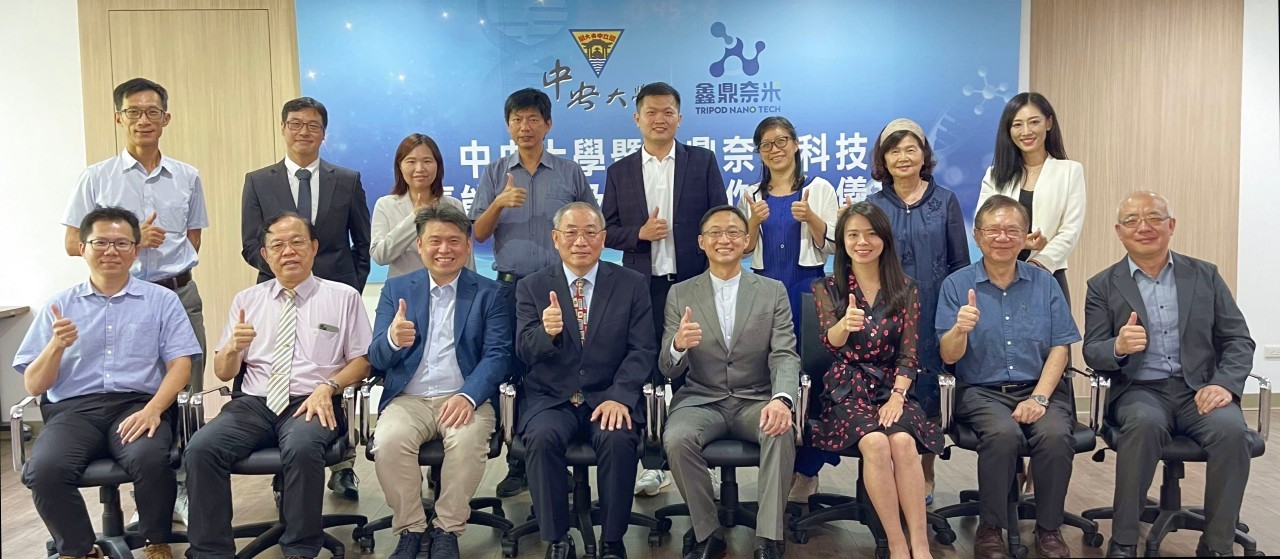Curriculum

Core Courses |
||
|---|---|---|
| 1. Mechanical Behavior of Materials | 2. Electrochemistry of Materials | 3. Solid State Materials Physics |
| 4. Physical Chemistry of Materials | 5. X-ray Diffraction and Crystal Structure | 6. Advanced Physical Metallurgy |
| 7. Kinetic Process of Materials | 8. Thermodynamics of Materials | |

Fundamental Courses |
||
|---|---|---|
| 1. Special Topics on Surface Analysis | 2. Phase Transformation | 3. Processing and Characterization of Nanomaterials |
| 4. Heat Treatment of Metal | 5. Practical vacuum technology and industrial applications | 6. Instrumental Analysis |

Professional Courses |
||
|---|---|---|
| 1. Functional Materials | 2. Biosensors | 3. Bio-inspired Materials |
| 4. Metal Materials | 5. Electronic Materials Science | 6. Mechanical Metallurgy |
| 7. Amorphous Metallic alloys | 8. Corrosion and Corrosion Prevention Engineering | 9. Special Topic on Electrochemistry |
| 10. Optoelectronic Semiconductor Materials | 11. Metamaterial Physics | 12. Solid State Engineering |
| 13. Semiconductor Photoelectrochemistry | 14. Introduction to Semiconductor Devices | 15. Semiconductor Water Bonding:Science and Technology |
| 16. Photovoltaic Materials and Devices | 17. Introduction to Thin Film Physics | 18. Introduction to Semiconductor Devices |
| 19. Electronic Material and Device Characterization | 20. Energy Materials | 21. Nanotechnology for Energy Applications |
| 22. Technology and applications of batteries | 23. Materials and Devices for Lithium Ion Batteries | 24. Introduction to Energy Technology |
| 25. Hydrogen Energy and Fuel Cells | 26. Fuel Cells | 27. Theory and Technology of energy storage |
| 28. Hydrogen Energy Materials | ||
EMI
| Institute of Materials Science and Engineering , Academic year 113 EMI Course map | |||||
|---|---|---|---|---|---|
| Course Name | Cousre Code | Grade | Number of credits | Note | |
| SPRING | FALL | ||||
| X-ray Diffraction and Crystal Structure | MS5020 | Master/Ph.D | 3 | Core Courses (Elective Courses) | |
| Materials Physics of Solid | MS5037 | Master/Ph.D | 3 | ||
| Electrochemistry of Materials | MS5045 | Master/Ph.D | 3 | ||
| Theory and Technology of energy storage | MS5049 | Master/Ph.D | 3 | (Elective Courses) | |
| Corrosion and Corrosion Prevention Engineering | MS5034 | Master/Ph.D | 3 | (Elective Courses) | |
| Amorphous metallic alloys | MS5039 | Master/Ph.D | 3 | ||
| Processing and Characterization of Nanomaterials | MS5019 | Master/Ph.D | 3 | ||
| Physical Chemistry of Materials | MS5028 | Master/Ph.D | 3 | ||


